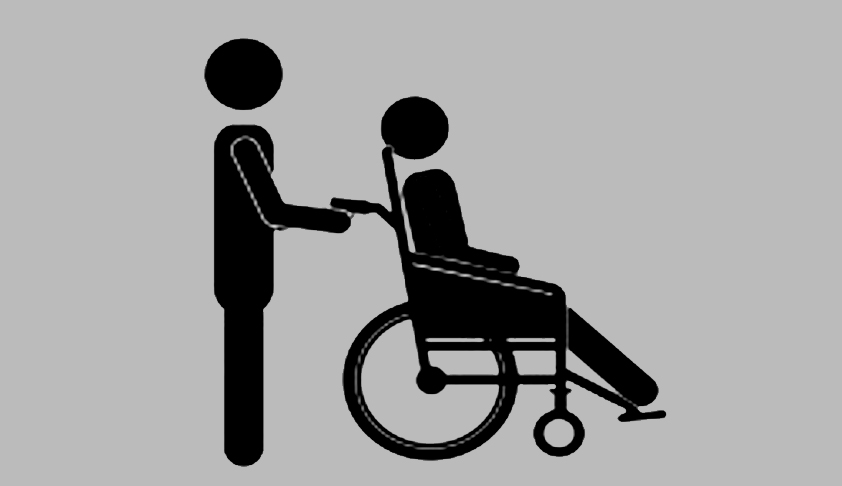- Home
- /
- Top Stories
- /
- SC upholds mandatory 3% quota for...
SC upholds mandatory 3% quota for the disabled in Government Jobs
Apoorva Mandhani
14 Sept 2014 9:09 AM IST
An apex Court bench comprising of Chief Justice R.M. Lodha, Justice Kurian Joseph and Justice Rohinton F Nariman on Friday held that three per cent reservation for differently-abled persons be provided in all categories of government jobs, including appointments and promotions to the IAS, while pulling up the Centre for ‘frustrating’ the very purpose of empowering legislation by...
Tags
Chief Justice R.M. LodhaIASJustice Kurian JosephJustice Rohinton F. Narimanmandatory 3% quota for the disabledNational Confederation for Development of DisabledPersons with Disabilities (Equal OpportunitiesPILProtection of Rights and Full Participation) ActPWD ActQuote for HandicappedRavi Prakash Gupta casesenior advocate R.S. Suri
Next Story



